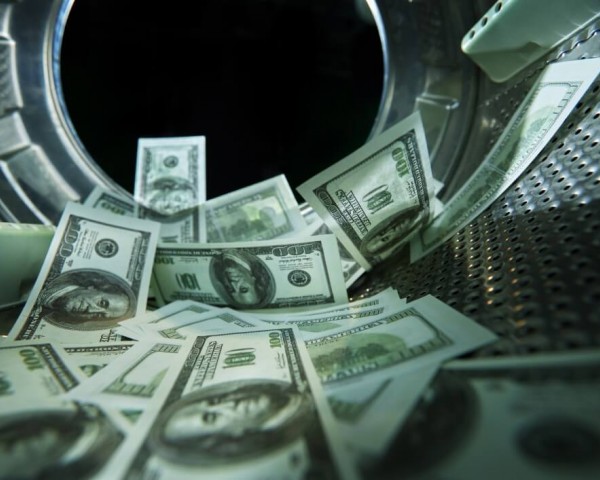Organized crime is targeting vulnerable tourism businesses in Italy. The Calabrian’ ‘Ndrangheta is responsible for half of the illegal profits, followed by the Camorra and Cosa Nostra. Italy’s mafia earns over three billion euros annually from the Italian tourism sector. According to a research institute, it is expected to gain even more from significant events planned shortly.
Organized mafia groups targeting vulnerable businesses, such as hotels and restaurants, currently generate €3.3 billion annually. These groups are poised to take advantage of the upcoming Catholic Church jubilee celebrations and the Winter Olympics.
“Italian tourism is under attack. The Milan-Cortina Olympic Games in 2026 and the jubilee in 2025 have increased the mafia’s appetite for exploitation,” says Raffaele Rio, president of the Demoskopika Institute.
Half of the total revenue is accounted for by the powerful Calabrian mafia known as the ‘Ndrangheta, followed by the Camorra, Cosa Nostra, and other organized crime groups in the southern region of Puglia.
Although these mafia groups’ roots are in the south—the ‘Ndrangheta originated in Calabria and the Camorra in Campania—they have accrued nearly €1.5 billion from tourism in the country’s affluent northern regions, according to experts.
Rio says over seven thousand vulnerable companies risk becoming easy targets for criminal organizations. He noted that these companies make up nearly 15 percent of the 48,000 businesses in the sector that are struggling with debt and lack of liquidity, making them susceptible to ‘help’ from the mafia. Mafia groups often lend money to these companies on harsh terms and exploit them to launder money obtained from criminal activities.
“Mafias are creating a criminal welfare system that undermines struggling entrepreneurs,” Rio stated. “They promise financial survival, cover debts, and ensure liquidity, but at a steep cost: control or complete takeover of businesses,” he emphasized.
“This destructive system not only reinforces the power of criminal families in the region but also fosters a cycle of money laundering, usury, and extortion that stifles the legal economy of our country,” Rio concluded.












